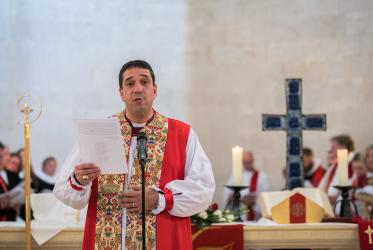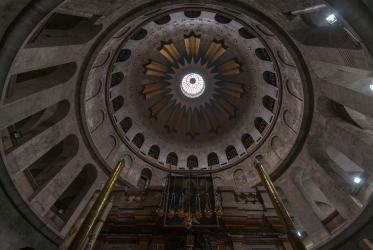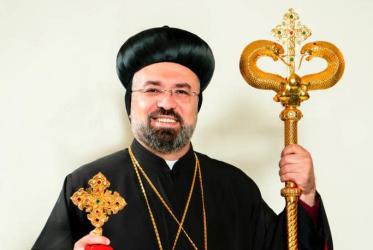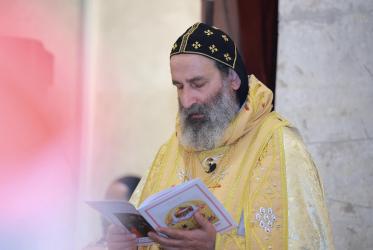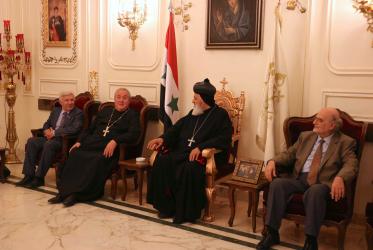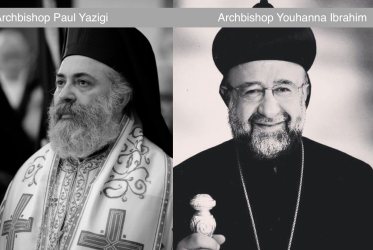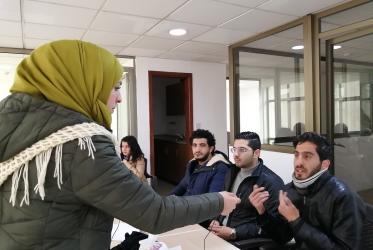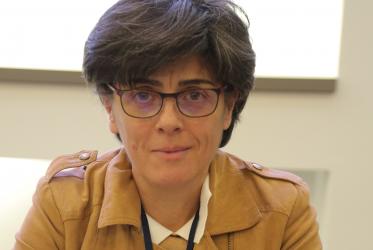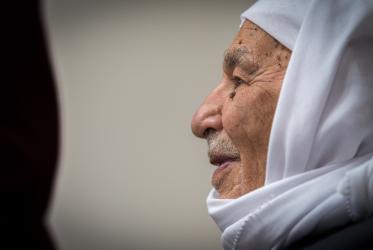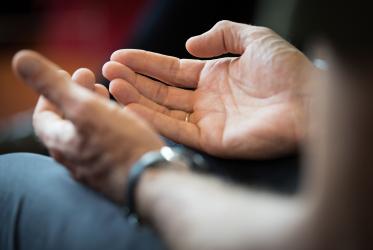Displaying 1 - 20 of 70
WCC renews call for release of archbishops of Aleppo
28 February 2022
In Lebanon, “without peace there is no justice”
21 July 2021
Are migrants seen and heard? Conference presses the question
19 October 2020
Hope prevails in times of crisis in Lebanon
14 September 2020
A faith-based, holistic approach to HIV and AIDS-care
13 March 2019

